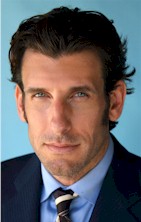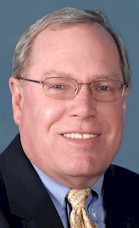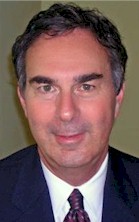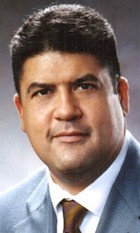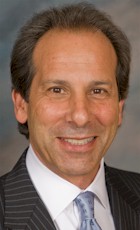When you consider the number of washers, dryers, vacuums, lighting fixtures, elevators, and other electronic devices needed to run a hotel, it's no wonder electric bills have become a towering expense for operators. Indeed, the hotel industry uses 69 billion kilowatts of electricity a year, at a cost of $5.3 billion annually, according to the U.S. Energy Information Administration, making it one of the highest expenditures for hotel franchisees. It's also one of the most overlooked expenses of running a hotel. Hotel operators are most concerned with buying amenities that ensure a pleasant stay for their customers, and increase return business. They excel at purchasing appliances, wall decor, furniture, carpeting, even restaurant equipment. But when tasked with finding the best rate for their electric needs, since it doesn't directly affect the customer experience, the job tends to fall to the wayside.
READ MORE



